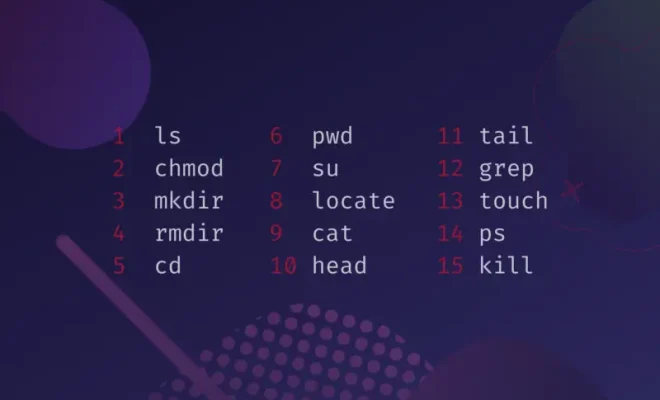What is Server Software?

Server software is a program or set of programs that run on a server computer and provide network services to the clients that connect to it. These services can range from file sharing and print serving to data storage and web hosting. Simply put, server software is the backbone of any network or online service.
One of the essential features of server software is its ability to manage multiple clients simultaneously. It coordinates communication between clients, ensures that different users do not interfere with each other, and acts as a central point for administering users and resources. This software can be implemented in both physical and virtual servers and is designed to handle various types of servers, such as file servers, application servers, web servers, mail servers, and database servers.
Server software should be efficient and reliable, capable of handling large numbers of requests and simultaneously managing multiple clients without lag or downtime. It must also be secure, protecting the system and the users’ data from unauthorized access and malware attacks. Some of the most commonly used server software solutions include Apache HTTP Server, Microsoft Windows Server, Linux/Nginx, NGINX Plus, and FileZilla.
In addition, server software is designed to streamline network administration. It can automate tasks such as system backups, email management, and user management, reducing the workload on network administrators. This software also enables remote control of servers, making server management easier and more efficient.
Moreover, server software plays a critical role in facilitating communication and collaboration within an organization. By providing centralized storage and access control, server software can help teams collaborate on projects in real time, improving productivity and efficiency. It also allows remote employees to connect and access company resources, enabling businesses to operate virtually and have seamless access to their network resources from anywhere.





